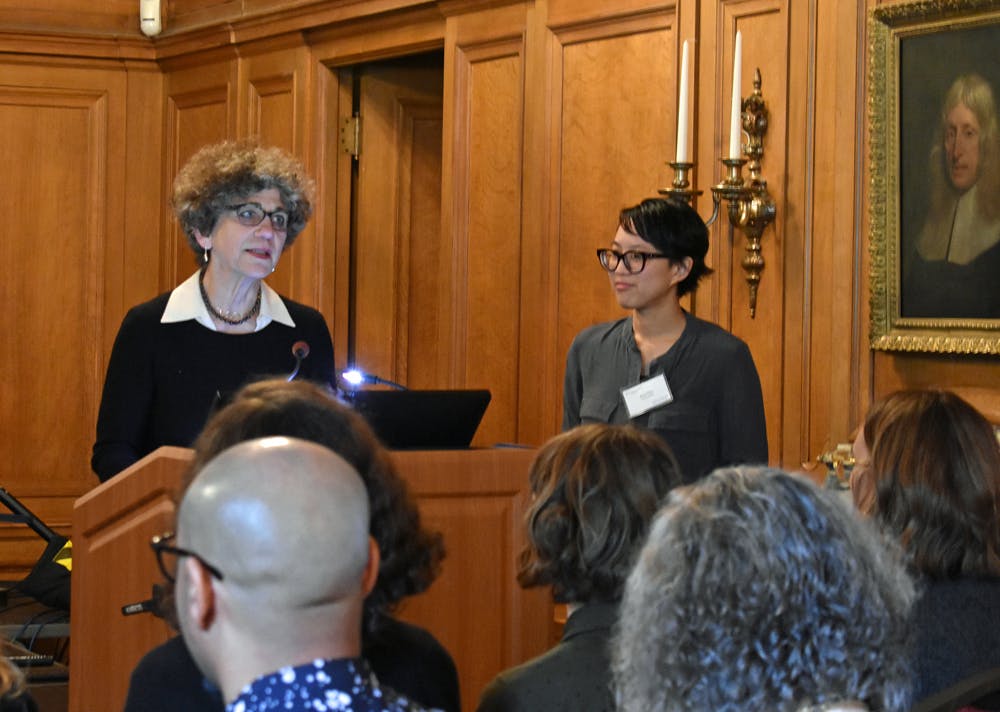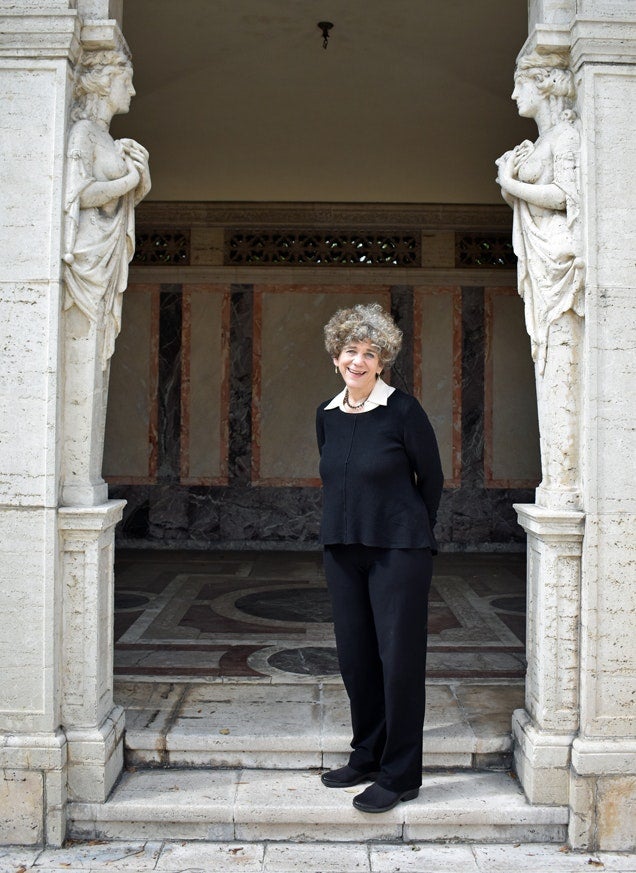This past March, Johanna Drucker, the UCLA Breslauer Professor of Bibliographical Studies, and Anna Chen, head librarian of UCLA’s William Andrews Clark Library, presented a daylong conference on “Sustaining Visions and Legacies: The Future of Special Collections Libraries.” Speakers including Professor Ellen Pearlstein, UCLA IS students and alumni including Jesse Erickson of the University of Maryland, and library deans, archivists, librarians from across the nation, shared their expertise in addressing sustainability, not only of physical materials and methods but from a perspective of site specificity and community needs and culture.
And then the COVID-19 pandemic broke out, shutting down indefinitely in-person access to special collections repositories for scholars, students, practitioners, and the public. Professor Drucker delineates the ways that information professionals can use their skills to support and enhance the remote learning environment that now exists for students at all levels.

Ampersand: How does sustainability include planning for a catastrophic event like the COVID-19 pandemic?
Johanna Drucker: Of course, if we had seen the scale of the virus and its impact, we would have thought to include pandemic planning. Several things come to mind in terms of the ways that information professionals can serve in a crisis like the one we are in and which could be built into planning.
One essential service would be to provide emergency services and information updates. Consider the role of information professionals in a time of shut-down. What are the information resources most essential for your community? What kinds of resources can be packaged effectively in communication strategies that make them more useful?
Accurate information linked to expertise within medical and public health communities is also essential. Another service that information professionals can provide is data production and tracking, contact tracking, and other areas of applied expertise to assist in information gathering in and for your community.
Other kinds of professional expertise that can be used in a pandemic – specialized equipment and/or knowledge can be of value, such as the UCLA library’s use of 3-D printers to help provide personal protective equipment (PPE) in the face of shortages.
&: How about ways that the information field can augment the measures that education is taking to continue remote instruction, from K-grad school?
Drucker: There can be the design of educational support packages. It is all very well to say there are resources online for parents to provide activities for children; it is another thing to put together a “Children’s Activity Page” with themes of backyard science, kitchen chemistry, family history and other topics.
And the creation of workshops on information literacy: Programs and workshops on distinguishing vetted expertise from rumor, hearsay, misinformation, and propaganda. What does fact-checking involve and how can you assess online resources for reliability?
Those are a few things I think we would build into the emergency preparedness planning that are specific to the pandemic. In terms of ongoing sustainability, I would like us to consider the kinds of professional services that might be a revenue-generating consultancy in areas like digital archiving, data analysis, and other professional work that can be done remotely.
